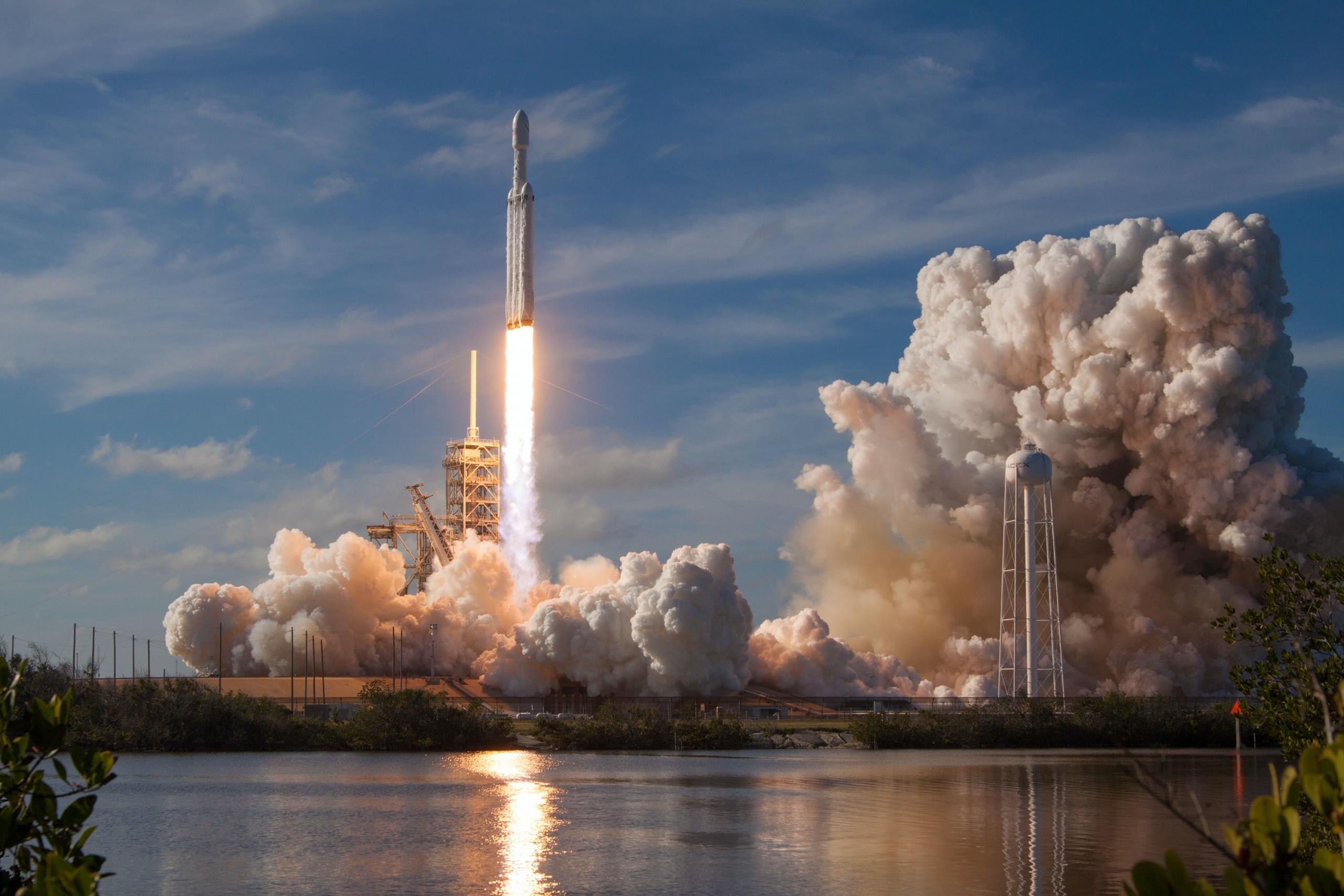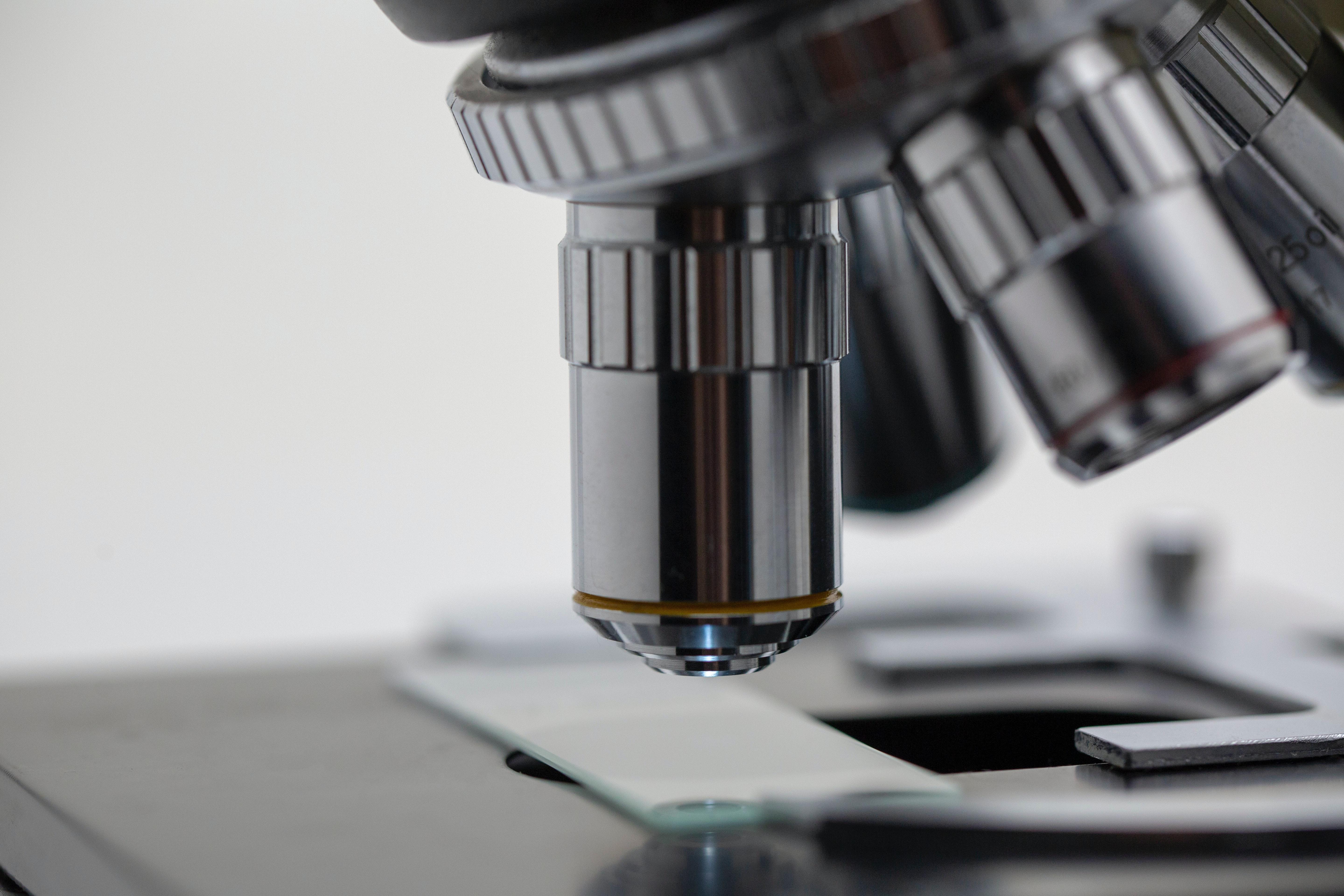Albert Einstein. Marie Curie. Stephen Hawking. Nikola Tesla. Rosalind Franklin. Alexander Graham Bell. Benjamin Franklin. I better stop before I start to sound like a Billy Joel song! What do the very talented people mentioned above have in common? They were all scientists that dedicated their lives to uncovering fundamental truths for us to understand the world better. Defined as a systematic enterprise that organizes knowledge in the form of explanations and predictions, science has been around forever and is not quite going anywhere. So, to raise awareness about the ever-important academic discipline of science and all that it entails, World Science Day was established. In today's article, we shall examine the origins, purpose of World Science Day. Let's get started!
Science knows no country, because knowledge belongs to humanity, and is the torch which illuminates the world.
Louis Pasteur

The Origins of World Science Day
Before understanding the purpose of World Science Day, it is best to analyze the origins and determine how it all began. First and foremost, it is necessary to state that the International Science Day for Peace and Development is always on the same day every year: November 10. Learn more about this science day now!

But how did it all start in the first place? After many invitees and speakers voiced concern about more public awareness of scientific discipline at the 1999 World Conference on Science in Budapest, UNESCO, who was a co-organizer of the event, considered the pleas of many countries in attendance to establish a day in the year where science is celebrated. After some additional talk about a "science day," UNESCO's Executive Board brought up the idea at their bi-annual meeting. The official name for the day was discussed and known in preliminary stages as "Science Day for Peace and Development." Here is a great video on YouTube on Science Day!
Following some deliberation and the consideration of a science day by UNESCO member states, at the November 2001 General Conference, it was decided by those involved that November 10 of every year, starting in 2002, would be known as Science Day for Peace and Development. UNESCO encouraged universities, non-government organizations, businesses, etc. to all take an active part in promoting Science Day and making it a moment in the year that everyone looks forward to.
Also, it's important to mention that all collaborators at previous World Conference's on Science would contribute ideas that would make International Science Day stand out as something unique and different from other holidays. Nonetheless, while it is all good and fun to establish a day per year to celebrate science, some may pose the question: what is the overall purpose of the Science Day for Peace and Development? Read the following subheading to find out more!
Created by: UNESCO (United Nations Educational, Scientific and Cultural Organization)
First celebrated: 10 November 2002
Decision made: At the UNESCO General Conference in 2001, following calls at the 1999 World Conference on Science in Budapest
Official name: World Science Day for Peace and Development
Find out about middle school science day fun here.
World Science Day for Peace and Development: Understanding the Purpose
Like all special events throughout the year, Science Day was designed to promote and raise consciousness. Of what? Of scientific topics and their importance on the world stage. The experts down at the UN believe that everyone should know about the relevance of science in our daily lives.

To better comprehend the purpose, UNESCO has outlined that November 10 is a day of science that has many objectives such as the following:
- To fortify public awareness of the vital part that science plays to establish peaceful and sustainable societies around the world,
- Share in the promotion of establishing either a national or an international agreement between countries that are fellow member states,
- Renew the worldwide commitment between nations for the use of science to build better communities,
- Bring up the challenges many are facing with studying science and raise support to aid learners to understand the purpose of science better.
World Science Day is not only for scientists and those reviewing technology-based subjects, instead the objective of November 10 is to make sure that all types of citizens, even those who don't like science, are kept up to date with the exciting developments in science that are currently happening.

The Importance of Science & Technology in Today's World
Bill Nye the Science Guy. What a legend. Bill Nye has been teaching North American children about the importance of science in an interactive way for the past three decades. Teaching kids to recognize the fact that "Science Rules", Nye revived a passion for science-based subjects in the traditional classroom.
Science is the key to our future, and if you don't believe in science, then you're holding everybody back.
Bill Nye
And, why does Bill Nye deserve commendation for his efforts in the world of science? Well, because science cannot be ignored and must be at the forefront of every nation to make wise decisions about the future. For years, pioneers in the world of physics, chemistry, engineering, and other scientific studies, have been advising the world about the importance of science in our modern era. The following are a few reasons as to why we should strive to understand science and give it a chance:
- To Understand Our Planet: everything that we have discovered about planet earth, from an atom to the devastating effects of climate change, is due to the hard work and constant research of those in scientific sectors.
- Collaboration Abilities Improved: breaking through the boundaries of a scientific topic that is not yet known is usually the hard of a team of brilliant minds. Therefore, when studying science, collaboration is improved between members of a group which leads to the realization that working together is always better.
- To Hone Problem-Solving Skills: when we study science, we make hypothesises and then work hard to test our results and see if they are correct. After some time, a student begins to analyse scientific data and practice their problem-solving abilities to see if their guess matches the results. Through the use of questions and conscious thought about the potential outcome, confidence in academic skills and appreciation of science is improved.
- Technological Advancements: the fantastic progress that has been made throughout the 20th and 21st century is credited to the advancements that were made in science. Such as? The laws of gravity, cutting-edge equipment, pharmaceuticals, and even social networking sites like Facebook and Instagram. Without improvements in science and technology, our world would be a much darker and different place.
Find a qualified San Diego chemistry tutor when you search on Superprof!

All of the previously mentioned reasons demonstrate that science today, are more necessary than ever before. Here's to hoping that through collaboration and examination of scientific topics, the global climate crisis can be solved!
Read up on elementary school science day here.
World Science Day 2025: What to Expect
Each year, UNESCO uses World Science Day to spotlight how science connects with society and helps tackle pressing global challenges. In 2025, the celebration will focus on looking ahead to the future, asking what kind of science we need to shape a better world by the middle of the century. The day will serve as both a reminder of science’s achievements and a call to action for governments, institutions, and individuals to support research and innovation that benefits all.
Upcoming Theme and Focus
The theme for World Science Day 2025 is “Trust, Transformation, and Tomorrow: The Science We Need for 2050.” This theme highlights the importance of building public trust in science, using research to transform societies positively, and preparing for the challenges and opportunities of the coming decades. UNESCO will encourage conversations around how science can guide long-term solutions to global issues like climate change, health, energy, and technology ethics.
📌 Past Themes of World Science Day for Peace and Development
- 2025: Trust, Transformation, and Tomorrow: The Science We Need for 2050
- 2024: Why Science Matters: Engaging Minds and Empowering Futures
- 2023: Building Trust in Science
- 2022: Basic Sciences for Sustainable Development
- 2021: Building Forward Together
- 2020: Science for and with Society
- 2019: Open Science, Leaving No One Behind
- 2018: Science, a Human Right
- 2017: Science for Global Understanding
- 2016: Celebrating Science Centres and Science Museums
- 2015: Science for a Sustainable Future
Get help with your schoolwork with professional chemistry tutors on Superprof.
Planned Events and Initiatives
To mark the day, UNESCO and its partners plan to host:
- International conferences and panel discussions on the future of science and innovation,
- Workshops and educational programs for schools and universities to engage young learners,
- Online campaigns and social media events to share scientific achievements with the public,
- Community-driven science fairs and exhibitions showcasing how local initiatives contribute to global goals.
Events will be held worldwide on November 10, 2025, bringing together scientists, policymakers, educators, and citizens to reflect on science’s role in shaping our future.
How to Get Involved in World Science Day
World Science Day is meant for everyone, not just scientists or researchers. Celebrated each year on November 10th, the day reminds us that science is part of everyday life and that we all have a role to play in supporting it. Whether through learning, sharing, or taking action, there are many simple ways to join in.
One of the most direct ways to get involved is by attending local events. Schools, museums, and community groups often host talks, exhibitions, and activities that bring science to life for people of all ages. If you cannot attend in person, there are usually virtual options, such as online lectures, panel discussions, and digital campaigns, that allow anyone to participate from home.
Science is a beautiful gift to humanity; we should not distort it.
A. P. J. Abdul Kalam
Another meaningful step is to encourage curiosity in others, especially younger generations. Sharing books, articles, or personal experiences about science can spark interest and inspire future problem-solvers. You can also support science education by volunteering time or resources to local initiatives or programs that make learning more accessible.
By taking part, you contribute to a larger effort: ensuring that science continues to guide progress, improve lives, and help societies meet the challenges of tomorrow. In conclusion, at Superprof, we fully advocate the implementation of World Science Day at elementary and middle schools because when more people care about science, the closer the humanity is to solving its unfortunate problems. Remember, "Science Rules!" Discover amazing online chemistry classes when you search for a tutor on Superprof!
References
- United Nations Educational, Scientific and Cultural Organization. (2001). Proclamation of World Science Day for Peace and Development. UNESCO.
- United Nations Educational, Scientific and Cultural Organization. (2025). Theme: Trust, Transformation, and Tomorrow: The Science We Need for 2050. UNESCO.
- United Nations Educational, Scientific and Cultural Organization. (2021). UNESCO Science Report: The race against time for smarter development (7th ed.). UNESCO Publishing.
Summarize with AI:















